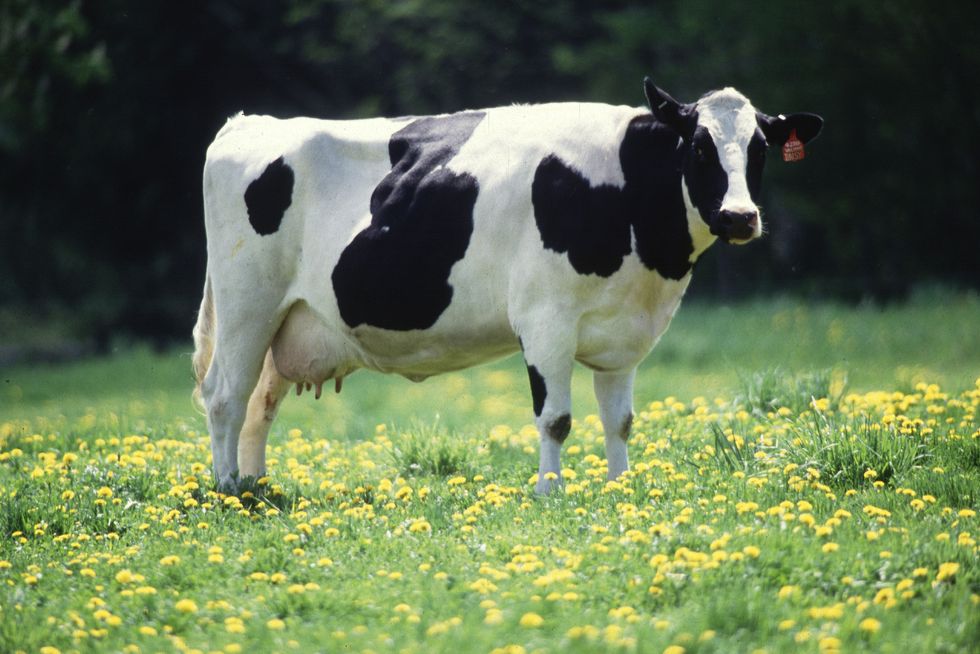When was the last time you ate chicken? How about beef? Pork? Chances are, unless you are a vegetarian, you’ve probably consumed some form of meat or meat byproduct in the last 24 hours. According to the North American Meat Institute roughly 318 million Americans include meat in their diet. Have you ever stopped to think about why? Environmentally, the meat packing industry causes more emissions than every bus, train, airplane, car, boat, and any other form of transportation combined. Physically, too much meat consumption can lead to diabetes, osteoporosis, heart disease, and even cancer. Ethically, 56 billion animals every year are raised and slaughtered for human consumption.
According to theoretical physicist Stephen Hawking, “it’s a ‘near certainty’ that we’ll destroy our planet beyond repair in the next few millennia.” Global climate change is eradicating our planet; temperatures are rising while ice caps melt and sea levels rise to new heights. Climate change can be attributed to greenhouse gas emissions, and over half of those emissions come directly from the meat packing industry. The largest segment of United States agriculture industry can be credited to the meat and poultry corporations - an industry worth upwards of $864.2 billion annually. Behind carbon dioxide, methane is the leading contributor when it comes to greenhouse gas emissions. New studies show that over 35 percent of methane emissions come directly from livestock production. Greenhouse gasses deplete our ozone layer which allows the sun’s infrared rays to infiltrate the earth’s atmosphere. This has resulted in the rise of the average global temperature. Since 1880, the mean world temperature has risen by 0.8 degrees Celsius (1.4 degrees Fahrenheit). However, the majority of the increase has happened over the last forty years. Not surprisingly, from the years 1961 to 2007 the global amount of meat consumption per capita doubled. There’s clearly a strong correlation between the amount of meat produced and the amount of greenhouse gas emissions being released into the atmosphere.
My junior year of high school I took an environmental science class because I needed the credit and, full disclosure, I thought it would be easy. It wasn’t until watching a documentary called Food Inc. that I realized how problematic the meat packing industry really is. The severity of the effects it has on our world is downplayed by the major meat companies in order to reap a profit. Four companies alone control 85 percent of all beef slaughtered in America: Tyson, JBS, Cargill, and National Beef. Unlike the picture of the cow standing in a grass field on the cover of this article, livestock from these companies are born and raised in factories. They are fed corn instead of grass because it is cheaper to buy and easier to produce. It also ‘fattens’ the cows up before slaughtering. This leads to bacteria like e.coli to fester. Even if a consumer doesn't ethically agree with these companies, they are unconsciously endorsing them by purchasing their products.
I stopped eating meat because I wanted to do my part to preserve our Earth for future generations. We only have one planet, that’s it. If we deplete our planets resources there will be no way to sustain human life. That’s why I believe it’s our civil duty to make sure the ecological footprint we leave behind is small. Switching to a more eco-friendly diet will do just that.
So ask yourself again, why do you eat meat?

















